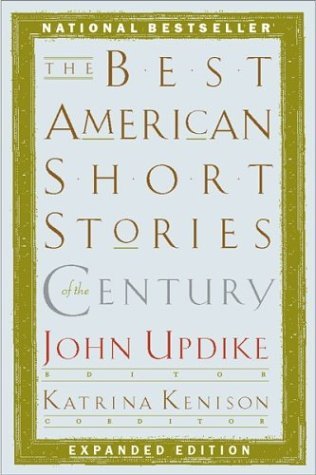10♦ 10♦ 10♦ 10♦ 10♦ 10♦ 10♦ 10♦
The snake hesitated before answering. A gleam of admiration went through its expression, and it marveled frankly for a moment at the astuteness of Father Louis.
“I must say, even if we are enemies, you force me to admire and like you,” it said.
“Thank you,” said Father Louis. “Viewed abstractly, you have great and beautiful qualities of your own.”
“Do you really think so?”
“Oh, yes, I do. But I must add that they seem to me less important, in the end, than they do to you.”
“You can also be very rude, you know.”
A surreal, venom-induced dream including a delightful conversation between Father Louis and a rattle snake takes center stage in Paul Horgan’s “The Devil in the Desert”. Given the title, one doesn’t have to wonder who the rattle snake is – at least in the context of the dream.

Set in 1850’s Texas, Horgan describes the landscape beautifully and makes Father Louis a memorable character. Father Louis’s bi-annual trip to those members of his congregation who live too far out in the wilderness to come to him has given his life purpose for three decades. Many around him understand that he is getting too old to travel the rugged terrain. Father Louis understands this, too. He just doesn’t want to hear it from anyone else. Of course, when the message comes in the form of a rattle snake, he kind of has to listen.
Just like the desert, the story has its beautiful moments and frightening moments. Into which category does the priest’s dream fall? I’ll let readers make up their own mind.
I read this story when I selected the Ten of Diamonds for Week 30 of my Deal Me In 2018 short story project. It’s included in my copy of The Best American Catholic Short Stories edited by Daniel McVeigh and Patricia Schnapp. My Deal Me In list can be found here. Deal Me In is hosted by Jay at Bibliophilopolis.





